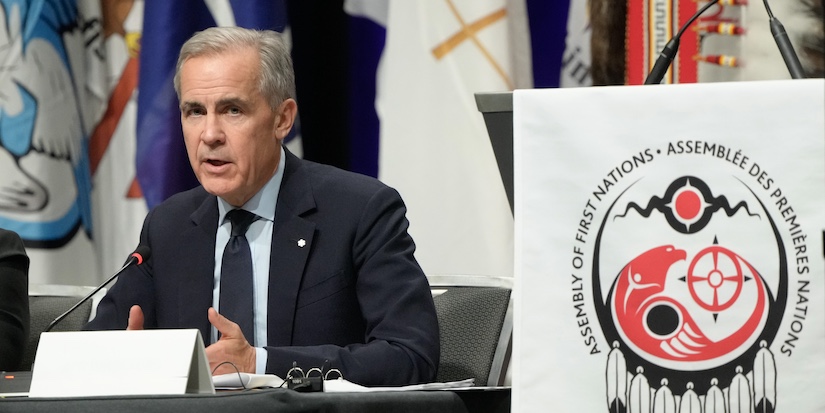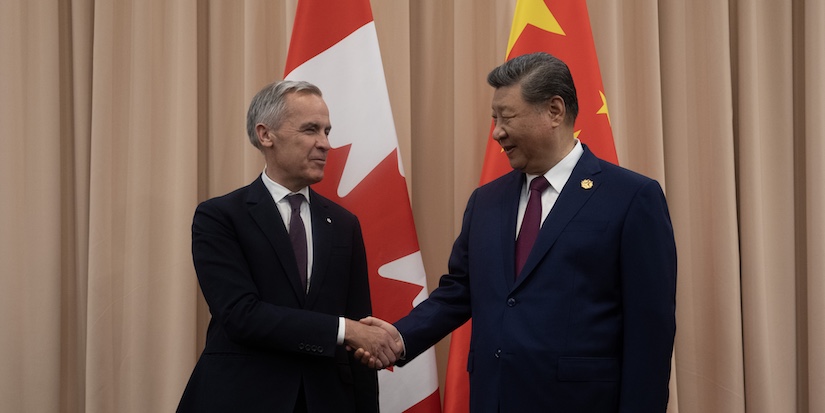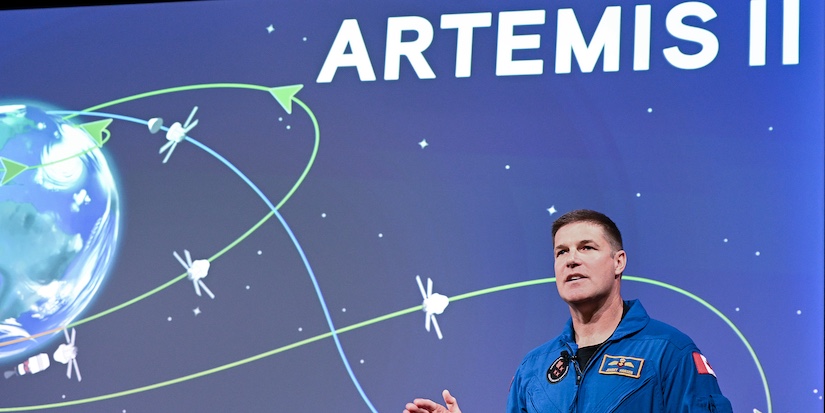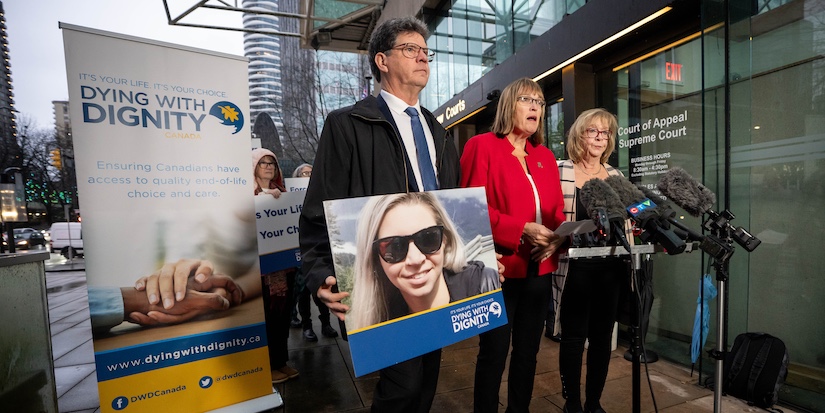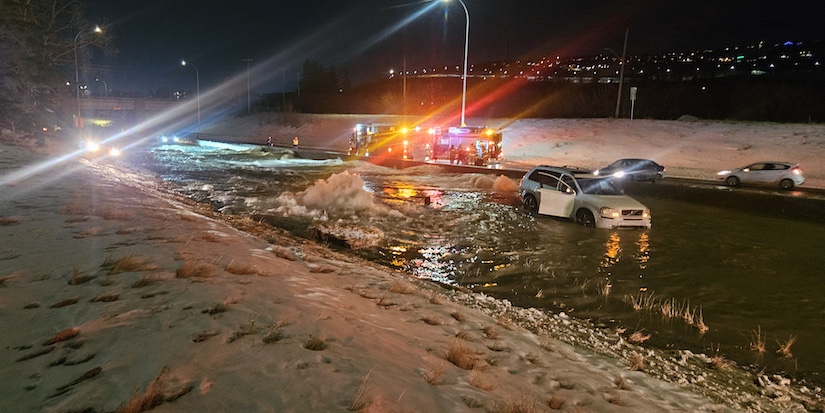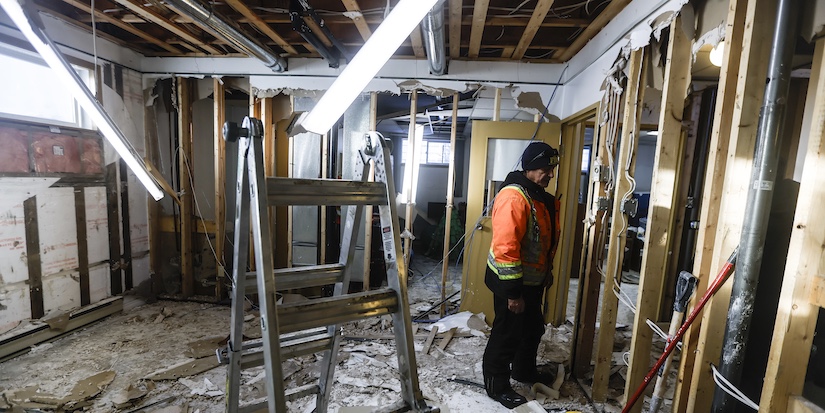Latest News
Powerful day at National Inquiry into Missing Women
Sunday was a powerful final day of testimony
in the National Inquiry into Missing and Murdered Indigenous Women and Girls in
Richmond.
The morning’s message was clear; too many
Indigenous women and girls are being murdered and their murders ignored. It has
to stop. Canada, and the men who run First Nations, need to step up with law
enforcement. There must be more support for the Indigenous females of this
land.
Speaking to a rapt audience was Bernie
Williams, the Haida grandmother who went on seven long walks with other
Indigenous women and who walked the Highway of Tears twice to raise awareness
about the 4,000 women and girls who have gone missing or are known to have been
murdered in Canada.
The large group of Indigenous women sat
silent, absorbing Williams’ every word, in the grand room of Richmond’s
Sheraton Vancouver Airport Hotel.
Williams’ mother and three of her sisters
each died violently, not a common statistic for non-Indigenous women but an
all-too-common one for the women gathered at the inquiry. She spent 30 years
advocating and helping the women of the Downtown Eastside (DTES) of Vancouver.
Williams said all levels of government are
spending $1 million dollars per day there in what she called an industry of
support that perpetuates itself but doesn’t help the women substantially.
She demanded a health and wellness centre be
established in the B.C. Interior so women and girls can go there the day they
ask to leave their life on the DTES, so they can receive physical and spiritual
healing, and learn to live healthier lives for their future and their families’.
The inquiry has crossed Canada, hearing
testimony from those who have lost beloved family members to violence. The
tears of those speaking and of those listening, absorbed by the tissues placed
around the hearing rooms, were collected in paper bags and burned in the sacred
fire with ceremony each day.
Speaking during a break, inquiry commissioner
Michèle Odette said: “What I’ve learned is we all come from a place, a place
where the violence existed and still exists, from a place where the violent try
to normalize it as a part of our culture.”
Speaking of just one of the practicalities to
reduce the number of missing and murdered Indigenous women, Odette sighed and
then spoke of the need for good rural bus service so women and girls do not
need to hitchhike to get to the city for doctors’ appointments, grocery stores
or hospital care.
Many of those who disappeared on B.C.’s
Highway of Tears were hitchhiking because they had no car and there was no
other way to get to town.
She talked of Saskatchewan’s impending
decision to cancel rural bus routes.
“It’s where the inquiry is so important, to
make sure that we bring light into those situations. I don’t know why they are
making those decisions about buses. They’re economic decisions. What do we say
to a family who loses a daughter or a son on those highways? The money? We don’t care about the money. A life is worth more.”
Odette an Inuk from Quebec, fluent in
Inuktitut, English and French, spoke eloquently of what needs to be done. Asked
where do we go from here, Odette replied: “What I see and I noticed is that
women are taking back their power. I gave birth to three beautiful boys and two
beautiful girls. They are part of the solution.”
She said women, feminists like herself, need
to understand that, “men are part of the solution.”
Asked what non-Indigenous Canadians need to
learn, Odette said: “Do not feel guilty about the past. But from the bottom of
my heart, at least recognize the damage of hundreds of years of colonization
and the impact, its effect, on Indigenous people. They deserve dignity, to be
respected.”
Were non-Indigenous women and girls at the
same risk for being disappeared or murdered, five girls out of every high school could expect their lives to
end violently. Many families would lose a mother to violence, or a sister, or
two.
The message at the inquiry was clear; this is
a big problem that non-Indigenous Canadians need to wake up to and need to take
concrete steps to change the trend.
People in Europe in the 1930s and first half
of the 1940s said they didn’t know what was being done to Jews, Roma, the
disabled, GBLT2Q people and political opponents who were being murdered and
disappeared.
According to inquiry attendees, Canadians
have turned a blind eye to the problem of Indigenous women dying in large
numbers. Sometimes, these women and girls are listed as disappeared, usually
because their bodies have never been found. Sometimes, it is because their
death by manual strangulation, by gunshot wound to the back of the head, or by
drowning wrapped in a rug and weighted down, is listed as suicide.
For years, people have said these women didn’t
want to be found. It happened when a serial killer walked the streets of the
Downtown Eastside of Vancouver. Yet, women at the inquiry talked of their
escapes from Willy Pickton’s violence, of telling workers and police about him,
to no avail.
A year ago, there was a radio documentary on
the many suicides by drowning in Indigenous youth who left their rural
communities to go to high school in Thunder Bay.
The parents were perplexed because their
children didn’t seem unhappy. When one teen survived being attacked and thrown
into the river by non-Indigenous people, Thunder Bay police began to
investigate.
Asked what non-Indigenous people can do to
bridge the gap, Odette said that we should not be afraid to reach out, to ask
questions, to learn about each other, to walk beside each other.
“It could be a small change but also a big
one. Everyone is welcome to participate.”
She suggested attending a pow wow, going to a
public gathering like Aboriginal Veterans’ Day where all will be welcomed.
Back in the inquiry, as Williams spoke her
truth, the crowd was usually quiet. Occasionally, the crowd rose to their feet
applauding at what she had to say, while other times, as Williams and
Commissioner Odette hugged, the room fell silent.
“The work still goes on,” Williams said. “I
will never stop. I will never stop this work for these women, my mother and my
three sisters and all the women of Canada and across the North.”











